Dhaka, August 17 — In solidarity with the ongoing protests against the rape and murder of trainee doctor Moumita at RG Kar Medical College and Hospital in Kolkata, Dhaka University organized a 'Girls Occupy Night' program. The event, held on Friday night, saw students and teachers gather at the foot of the Raju sculpture on campus.
The program began at 10 PM with a minute of silence to honor not only the memory of the Kolkata doctor but also women who have been victims of rape and violence in Bangladesh. Additionally, the participants remembered those who lost their lives in the recent student civil uprising in Bangladesh.
The night was filled with speeches, protest songs, and poetry, expressing the deep-seated anger and frustration over the continued violence against women. The event culminated in a torchlight procession at 11:30 PM, which moved from the Raju sculpture to VC Square and back, followed by cultural performances.
S. Murshid, Advisor to the Social Welfare Ministry of the Interim Government, was present at the rally. Addressing the gathering, she emphasized the need for active involvement in creating a secure environment for women. "If you are on the streets, I am on the streets. If you are insecure, then we need to work on how to remove the insecurity," she said, urging the participants to propose ways to utilize state structures for their safety.
Rezwana Snigdha, a teacher at Jahangirnagar University, also spoke at the event. She condemned rape as one of the most heinous crimes and called for broader discussions on the issue, including the impact of societal norms and the unjust blaming of victims.
Students from various institutions, including Eden College and Dhaka University, voiced their concerns. They presented a 13-point list of demands aimed at ensuring justice, equality, and safety for women and gender minorities. Key demands include:
1. Proper investigation and prosecution of all rape and murder cases, including those of Tonu and Munia.
2. Fast-tracking the resolution of women and child abuse cases within 180 days.
3. Equal property rights for all genders, regardless of religion, caste, or ethnicity.
4. Introduction and implementation of a Uniform Family Code.
5. Reform of child custody laws to prioritize guardianship by women.
6. Creation and enforcement of anti-sexual harassment committees and cells in educational institutions and workplaces.
7. Allotment of quotas for the representation of women, indigenous peoples, disabled individuals, and gender minorities.
8. Repeal of the 1860 Abortion Act and granting women full freedom over abortion decisions.
9. Assurance of equal and secure employment opportunities for women and gender-diverse individuals.
10. Recognition of transgender identities on state identity cards.
11. Repeal of all gender-discriminatory laws.
12. Ensuring judicial independence for transparency and accountability.
13. Guaranteeing 33% participation of women at all levels of the state, in line with international agreements.
The 'Girls Occupy Night' at Dhaka University was inspired by a similar event held last Wednesday by women in West Bengal, who organized a midnight program titled 'Girls' Night Occupy' in response to the tragic incident at RG Kar Medical College. The movement continues to grow, with women and allies in both Bangladesh and India uniting in their demand for justice and systemic change.



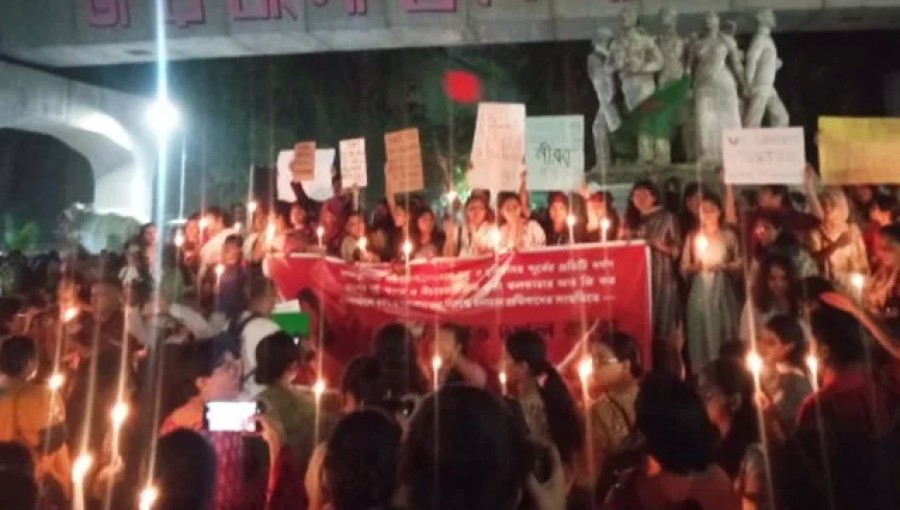


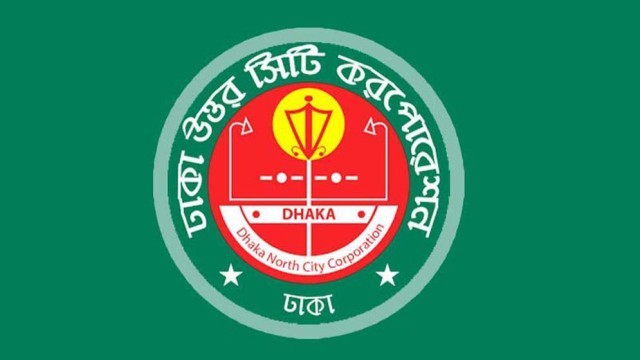
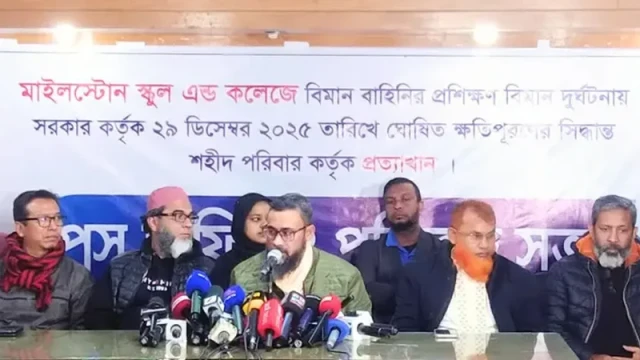

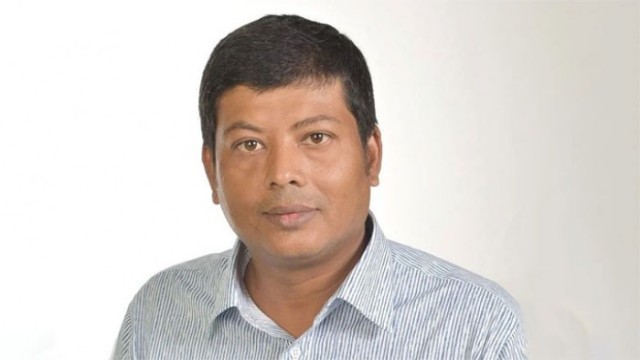

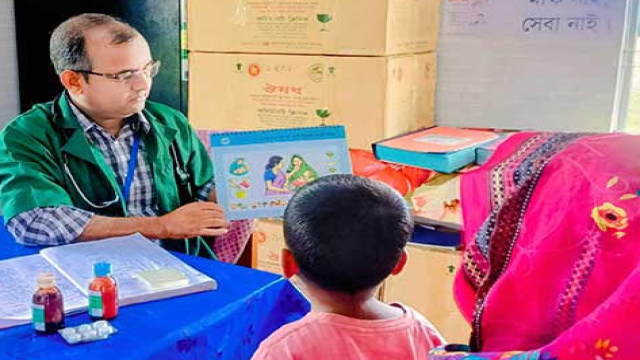



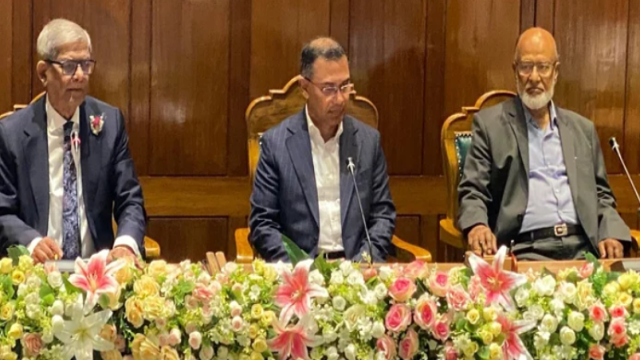

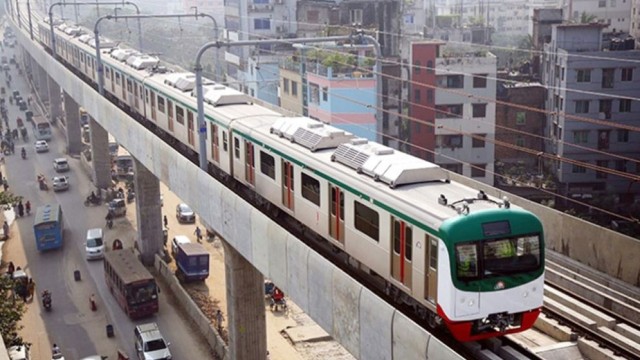

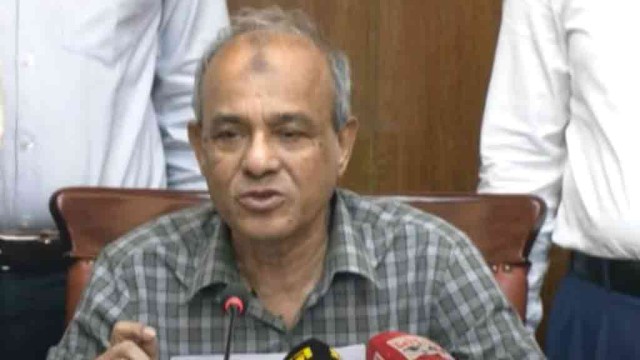











Comment: